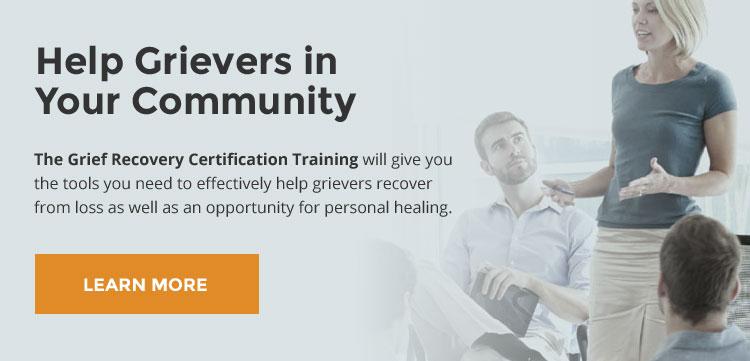[Over the last 35 years, we have been honored to work with some incredibly brave people. Every day we receive phone calls from people with unimaginable stories and enormous courage. We will be featuring some of these stories in our new weekly blog series.This is Sharon Ehler's story.]
April 2015 marks the three-year anniversary of my former fiancé's death. Since time does not heal when it comes to grief, it is not surprising that the "Anniversary" of his death is just as painful as the day he died. Although we were no longer together when he passed away, I can honestly say that he was my one true love. The pain of his death has been soul wrenching and gut stomping. Time couldn't possibly ever heal that wound. Why would I want it to?
The first day, the first week, the first month, the first year after his death was tough. Who am I kidding - every day, every week, every month and every year has been tough. But the 4th of every month became a recurring, in-your-face reminder that he was gone. So I decided that I had two choices about how I was going to handle it - bottle it all up inside and walk around pretending I was ok or face it head-on and let the emotions flow.
So on the 4th (and most other days), I spent the time crying until there were no tears. I shouted at the sky. I took long walks. I went through old pictures. I read old cards and love letters. I listened to "our" songs. I remembered the good and the bad. I called his Mom and we cried together. I had a Memorial Service for him with my children up on a hill overlooking the ocean and we released a balloon to the heavens. We cried and held each other. I JUST LET IT ALL OUT. Then I let it out some more until I felt empty. The emptiness didn't lessen the sadness or the pain but it felt better than holding it inside.
I think I also forced myself to do this because those around me didn't know what to do. Most people avoided me. Others wouldn’t bring it up at all. After all he committed suicide and who wants to talk about "that" subject. If talking about grief is the #1 taboo subject in America, who wants to talk about grief related to someone's suicide? This is probably taboo subject #2. These two topics are tough if not impossible to discuss. So that's pretty much what happened – no one would discuss anything with me. I felt more and more isolated. I felt more and more alone.
Since I knew I needed to do something (rather than avoid it), I took matters into my own hands and began my own grief journey. It wasn't really even a decision for me. I automatically chose to drive myself into the grief at full throttle. I figured hitting it head on and wrestling it to the ground would give me some chance of coming out the other side. Ignoring it? Well that could lead to all kinds of problems and I certainly didn't want to go there. I had seen others who never faced their grief and I didn't want that anchor dragging me down for the rest of my life. Seemed to me like there had to be a way to survive the grief I was feeling.
As with most things in my life, finding The Grief Recovery Method® actually happened purely by accident (or maybe it was destiny). I was off work after foot surgery and had an extended amount of time to figure out what I wanted to “be when I grew up”. I was still thinking there had to be a better way to deal with grief. Since I was pretty much stuck in my bed, I searched the web and found The Grief Recovery Method®. After reading as much as I could on their website and downloading their free eBook on Grief and Loss, I realized that they really got it. I decided I would pursue their certification training with the hope that I could help others (and maybe myself too in the process). I signed up and never looked back!
I found that during Grief Recovery Specialist® Certification Training, creating the Loss History Graph was especially cathartic. Seeing every loss I had been through (and then some) on one timeline was overwhelming. It helped me to better understand why I had reacted the way I had to loss throughout my life. Developing the Relationship Graph and Completion Letter for my former fiancé really helped me to heal. With the latter, many of the things I never got to say (apologies, forgiveness and significant emotional statements) flooded out of me. I felt like I finally had completion after reading it out loud. It felt like a huge weight had been lifted off my shoulders. I am so thankful for that experience!
Today as a Certified Grief Recovery Specialist®, I am working to build a business to help others heal their unresolved grief. Through one-on-one and group sessions, I can help guide participants build their own grief recovery action plan. It is humbling and rewarding to help Society recognize that grief is tied to so many different life experiences. Maybe in understanding grief more completely, we can become better family members, better friends, better lovers, better people and live better lives. Isn’t that really our ultimate goal? It has sure helped me tend to my own broken heart and hopefully touch the broken hearts of others.

























Add new comment